
Ecometer.org helps you design and build more sustainable digital services. This online tool identifies sustainable web design best practices already implemented and the one that could be implemented in order to potentially lower your digital service environmental footprint. Ecometer.org has been designed by a consortium of French web agencies and digital sercices based in Burgundy : Atol-CD, Cadoles, Logomotion, Planet Bourgogne, Pulsar DS. This project is managed by CCI Bourgogne France-Comté and Ardie Bourgogne and co-financed by Ademe.
HOW IT WORKS?
Energy Star is an international standard for energy efficient consumer products originated in the United States. Since its creation in 1992, the European Union as well as Australia, Canada, Japan, New Zealand and Taiwan have adopted the program. Devices carrying the Energy Star service mark, such as computer products and peripherals, buildings and other products, generally use 20–30% less energy than required by federal standards. Requirements concern GHG emissions and energy efficiency of appliances. The EU Energy Star program covers certain office equipment.
EPEAT is an environmental product rating which aims at easing the selection of high performance electronics that support organisations' IT and sustainability goals. The tool is a method for purchasers (governments, institutions, consumers, etc.) to evaluate the effect of a product on the environment. It assesses various life cycle environmental aspects of a device and ranks products as Gold, Silver or Bronze based on a set of environmental performance criteria.
The Code of Conduct was created to inform and stimulate data centre operators and owners to reduce energy consumption in a cost-effective manner without hampering the mission critical function of data centres.
The Code of Conduct aims at improving understanding of energy demand within the data centre, raising awareness, and recommending energy efficient best practices and targets.
The EU Code of Conduct on Data Centres' Energy Efficiency is a voluntary initiative developed by the DG JRC (Joint Research Centre) in 2008 in response to increasing energy consumption in data centres and the need to reduce the related environmental, economic and energy supply security impacts. Its objective is to inform and stimulate data centre operators and owners to reduce energy consumption in a cost-effective manner without jeopardising the reliability and operational continuity of the services provided by data centres.
This Code of Conduct sets out the basic principles to be followed by all parties involved in broadband equipment, operating in the European Community, in respect of energy efficient equipment.
To help all parties to address the issue of energy efficiency whilst avoiding competitive pressures to raise energy consumption of equipment all service providers, network operators, equipment and component manufacturers are invited to sign this Code of Conduct.
CONTACT
This Code of Conduct sets out the basic principles to be followed by all parties involved in Uninterruptible Power Systems, operating in the European Community in respect of energy efficient equipment.
The aim of this Code of Conduct is to minimise energy consumption (kWh) in Europe by maximising the energy efficiency of UPS.
This Code of Conduct aims to build upon the normative approach of the Voluntary Agreement on CSTB energy consumption. Participation in that Voluntary Agreement is a necessary precursor to support for this Code of Conduct. The Code of Conduct sets out the principles to be followed by those parties involved in digital TV services, operating in the European Community and aspiring to the best possible outcomes in the area of energy consumption.
CONTACT
The aim of this Code of Conduct is to minimise energy consumption of external power supplies both under no-load and load conditions in the output power range 0.3W to 250W.
CONTACT
- Website: https://e3p.jrc.ec.europa.eu/sites/default/files/documents/publications/code_of_conduct_for_eps_version_5_-_final.pdf
- Onwership: European Commission - Joint Research Centre
The EURECA Tool is a web-based platform to help public procurers and data centre professionals self-assess the energy efficiency and profile of their data centres, and provides improvements and suggestions. The latter are based on the latest standards and research and industry outputs.


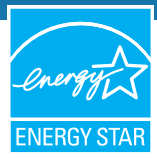
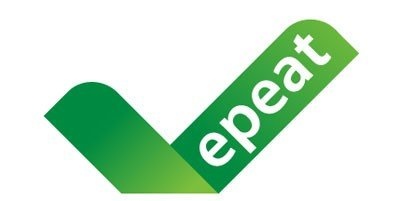
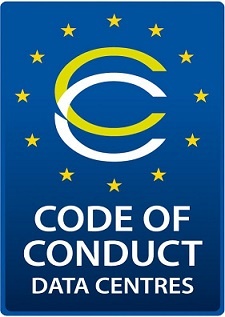
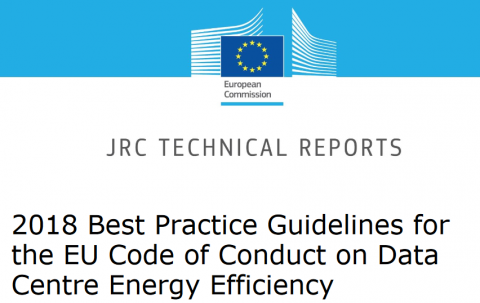
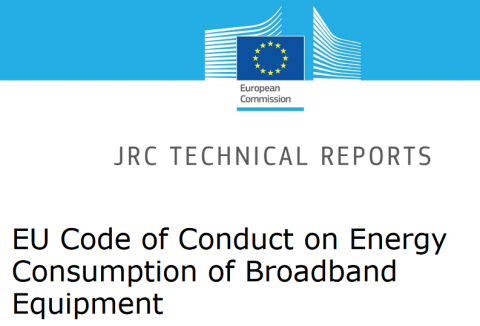
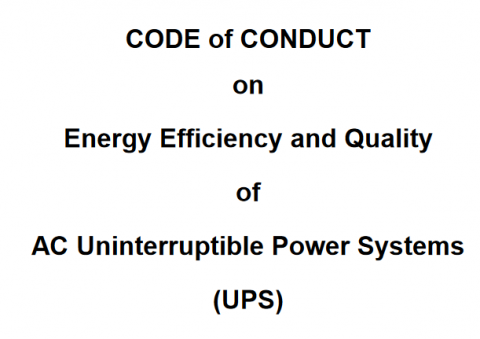
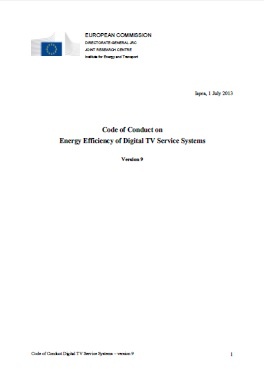
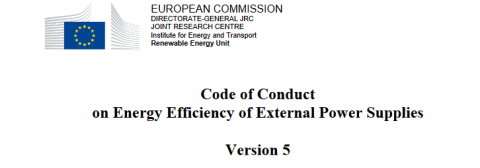
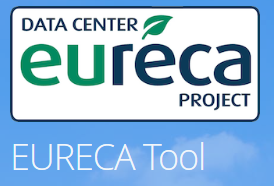


 © 2018 ICTFOOTPRINT.eu – ICTFOOTPRINT.eu has received funding from the European Commission’s Horizon 2020 research and innovation programme under the Grant Agreement no 690911. The content of this website does not represent the opinion of the European Commission, and the European Commission is not responsible for any use that might be made of such content.
© 2018 ICTFOOTPRINT.eu – ICTFOOTPRINT.eu has received funding from the European Commission’s Horizon 2020 research and innovation programme under the Grant Agreement no 690911. The content of this website does not represent the opinion of the European Commission, and the European Commission is not responsible for any use that might be made of such content.